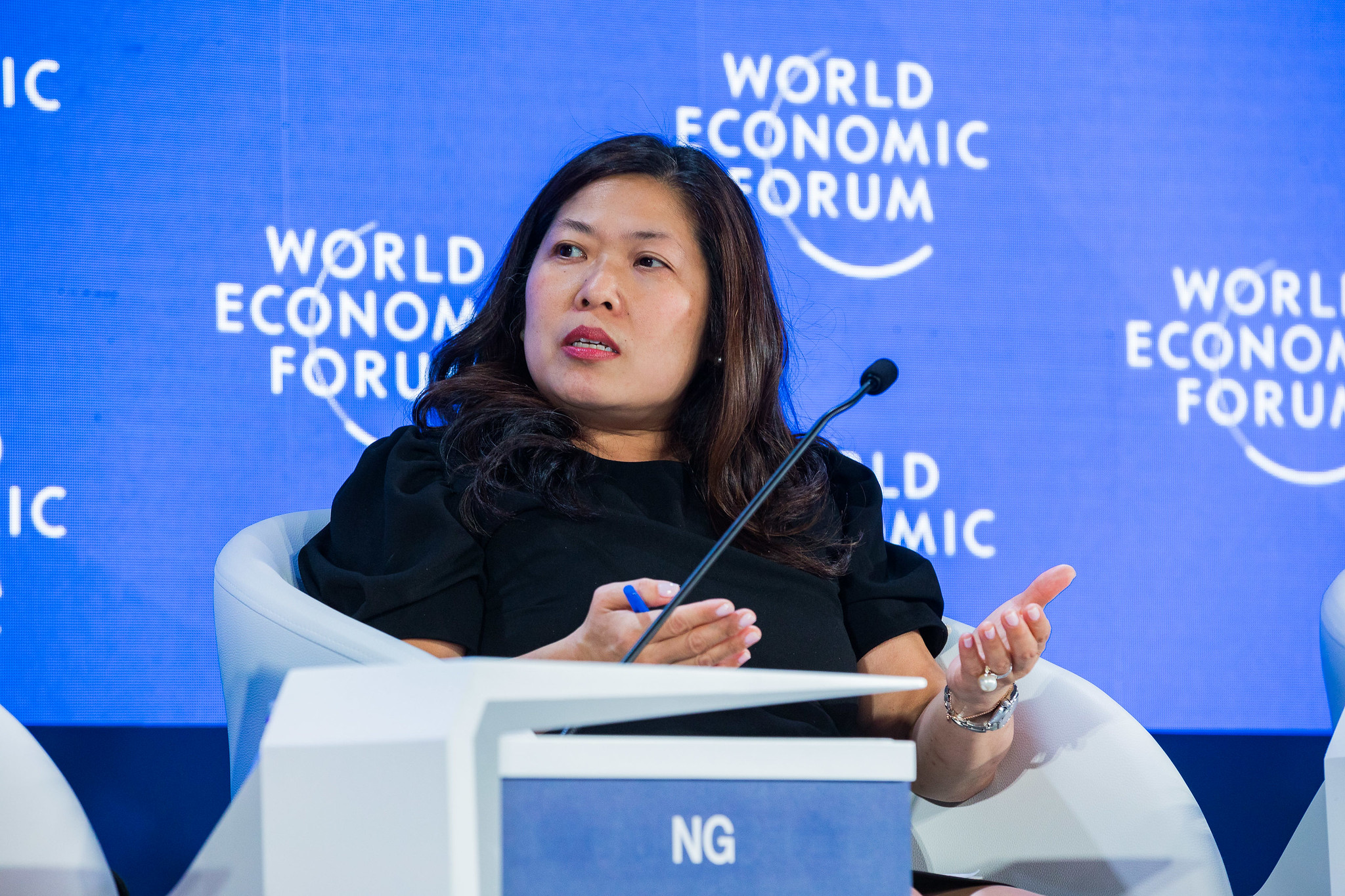Appeared in the Toronto Star on December 9, 2012 as Secrecy the Standard as Canada Enters Trans Pacific Partnership Talks Despite growing opposition in Canada, the Canadian government has begun formal participation in the Trans Pacific Partnership negotiations, aimed at establishing one of the world’s most ambitious trade agreements. As […]

Cooperation in the Pacific Rim by Jakob Polacsek, World Economic Forum (CC BY-NC-SA 2.0) https://www.flickr.com/photos/worldeconomicforum/48179628441
Digital Trade
DFAIT Establishes Secret Insider Trans Pacific Partnership Consulting Group
Canada begins formal participation in the Trans Pacific Partnership negotiations next week in Auckland, New Zealand. The TPP remains shrouded in secrecy (Peter Clark has published a detailed must-read guide that provides a complete assessment of the talks to date based on leaks and media reports), but it appears that some individuals and organizations may have privileged access to the text or other negotiation information. The Department of Foreign Affairs is creating a secret insider “Consulting Group” that will be granted access to secret and confidential information regarding the negotiations. A source this week provided a copy of the non-disclosure agreement that DFAIT is requiring members of the consulting group to sign, a copy of which is posted below.
The creation of an insider group is reminiscent of the Anti-Counterfeiting Trade Negotiations, where DFAIT spent months trying to pull together an ACTA insider group, only to drop the plan after the publication of the initial composition of the group (I obtained the information via an Access to Information request).
A TPP insider group raises a host of concerns including questions about who has privileged access, whether civil society groups will also have access and be invited to join, and the extent of behind-the-scenes consultations with industry groups. While DFAIT may seek to justify the creation of an insider group based on the need for expert advice, the lack of transparency with the TPP is now exacerbated by a two-tier approach to TPP information with a select, secret group gaining insider access to information. DFAIT should immediately disclose who has been invited to join the insider group, why it is has established a two-tier approach, and how it intends to ensure that all Canadians have access to the latest TPP developments.
The NDA is posted below: that will be granted access to secret and confidential information regarding the negotiations. A source this week provided a copy of the non-disclosure agreement that DFAIT is requiring members of the consulting group to sign, a copy of which is posted below.
The CETA Leak: Major Outstanding Issues Remain in an Unbalanced Deal
As International Trade Minister Ed Fast returns from negotiations in Europe that failed to secure a deal on the Canada – EU Trade Agreement, newly leaked documents to the CAQ and posted by LaPresse provide a detailed look at the remaining outstanding issues with details on the Canadian and European positions. The documents (1, 2, 3, 4) make it clear that the EU recognizes the deal is unbalanced as there are far more demands for Canadian changes than European ones. The EU retains the hope that Canada will cave on the EU demands since “the EU market to which it gains preferential access is much larger than its own.”
This ranks as perhaps the most important CETA leak to date, since it clearly identifies the key remaining issues, the European demands, and the massive changes that would be required for Canada to comply with the treaty. Some of the changes demanded by Europe include patent reform that could add billions to Canadian health care costs, the removal of foreign ownership restrictions on telecommunications and book publishing, the opening of public procurement for the energy and public transport sectors, eliminating Investment Canada Act review for European investments, new restrictions on the sale of a myriad of products such as feta and parmesan cheese, changes to agricultural protections (ie. supply management), and the adoption of European standards on passenger cars. This would require dramatic changes across the Canadian economy, all for what even the Europeans acknowledge are limited gains for Canada.
Given what is at stake, there needs to be an open debate and consultation before an agreement is reached (which is no longer a certainty) and Canada should be considering whether a scaled down version of CETA – one that focuses primarily on a reduction of tariffs for trade in goods – is a better model. A closer look at the some of the remaining issues is posted below.
No Deal (Yet) on Canada – EU Trade Agreement
Canada’s International Trade Minister Ed Fast traveled to Brussels this week hoping to secure a deal on the Canada – EU Trade Agreement. It looks like he’ll be coming home empty handed as the EU has issued a release indicating that there are still gaps on key issues. The EU’s […]
Canada Reportedly Ready to Cave on CETA Drug Patent Demands
The Canadian Press reports that Canada is ready to cave to European demands for changes to patent rules that could cost Canadians hundreds of millions of dollars in higher health care costs. The ministerial meeting on the remaining CETA issues is set for next week.






